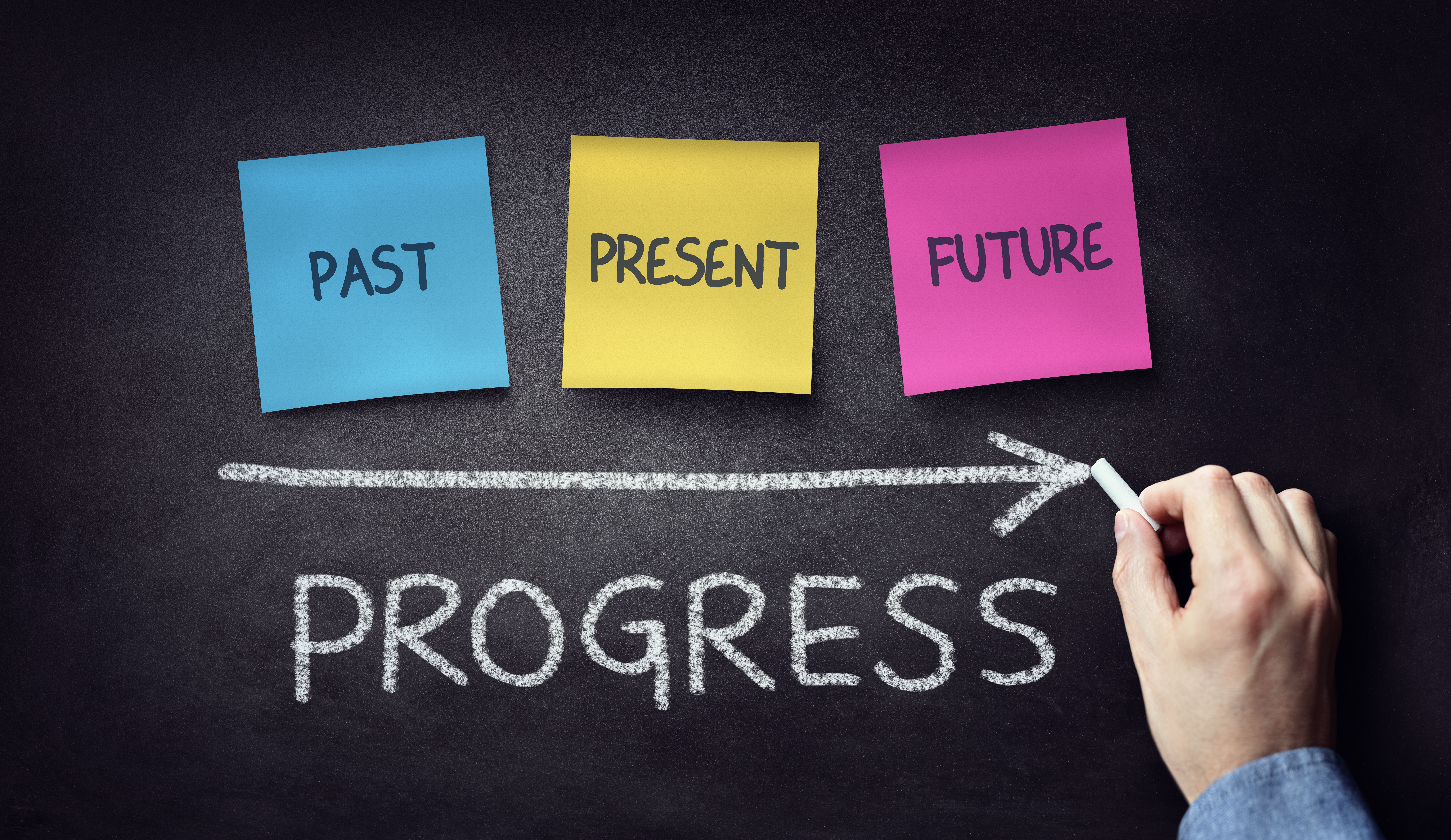
“would win”: it was true when she said it. Yes, she said England would win the world cup!(“said”: I heard her say it in the past.


At last month’s Paris Haute Couture Week, she walked the runway for some of the world’s most renowned couturiers. “will win”: this is what she believes, it is still true now. DUBAI: It’s been a breakout year for 21-year-old Saudi model Amira Al-Zuhair. Yes, she says England will win the world cup! (“says”: In general, she may say it again. Published in volume 21, issue 2, pages 175-194 of Journal of Economic Perspectives, Spring 2007. integrated view of agriculture and the countryside - a perspective that combines historical, economic. Hedge Funds: Past, Present, and Future by Ren M. I’m not referring to the present so I use the past tense.) Past, present, and future of the Dutch peasantry. (you are not here, the wish is in my imagination. (not in general, one time in the recent past.)Ī: I think he forgot his bag. We use the present perfect for actions which started in the past and are still happening now OR for finished actions which have a connection to the present. Under this new paradigm, properly using the different historical sources in the classroom (books, memoirs, letters, autobiographies, manuscripts, speeches, photographs, paintings, among others) under innovative approaches (gamification, flipped learning, experiential learning) helps to exponentially improve the teaching and learning process while contributing to the understanding of social and human realities.A: Do you want something to drink? (present – now)Ī: Did you want something to drink? (We often use the past tense in this situation – not referring to the present is less direct and more polite.) Click here for more information about the past simple tense Remember: We use the past simple for past events or actions which have no connection to the present. The development of historical thinking can significantly help to improve the teaching and learning processes of History and foster the autonomy of students and the promotion of critical reasoning. In history teaching the promotion of historical thinking and historical competencies is a clear example of this paradigm shift, which provides both students and teachers with effective cognitive tools for the analysis, understanding and interpretation of reality. Although historical thinking has been the subject of an important body of recent research, there are still few studies that focus on this conceptual reasoning from different perspectives.

In recent years, new approaches to history teaching have also promoted the development of historical competencies by encouraging pupils to construct a meaningful account of what happened in the past and its significance over time. Present Perfect Tense He/She/It has presented. Present Continuous Tense He/She/It is presenting. This cognitive reasoning facilitates historical thinking, which encourages pupils to think like historians and consequently deepen their understanding of past and present events and situations. Present verb forms Conjugation of Present Simple / Indefinite Present Tense He/She/It presents. It is now about encouraging a deeper evaluation of the nature of history itself, which encourages students to engage in consistent reasoning. History teaching is much more than rote learning, and this shift has become increasingly evident in recent years.


 0 kommentar(er)
0 kommentar(er)
